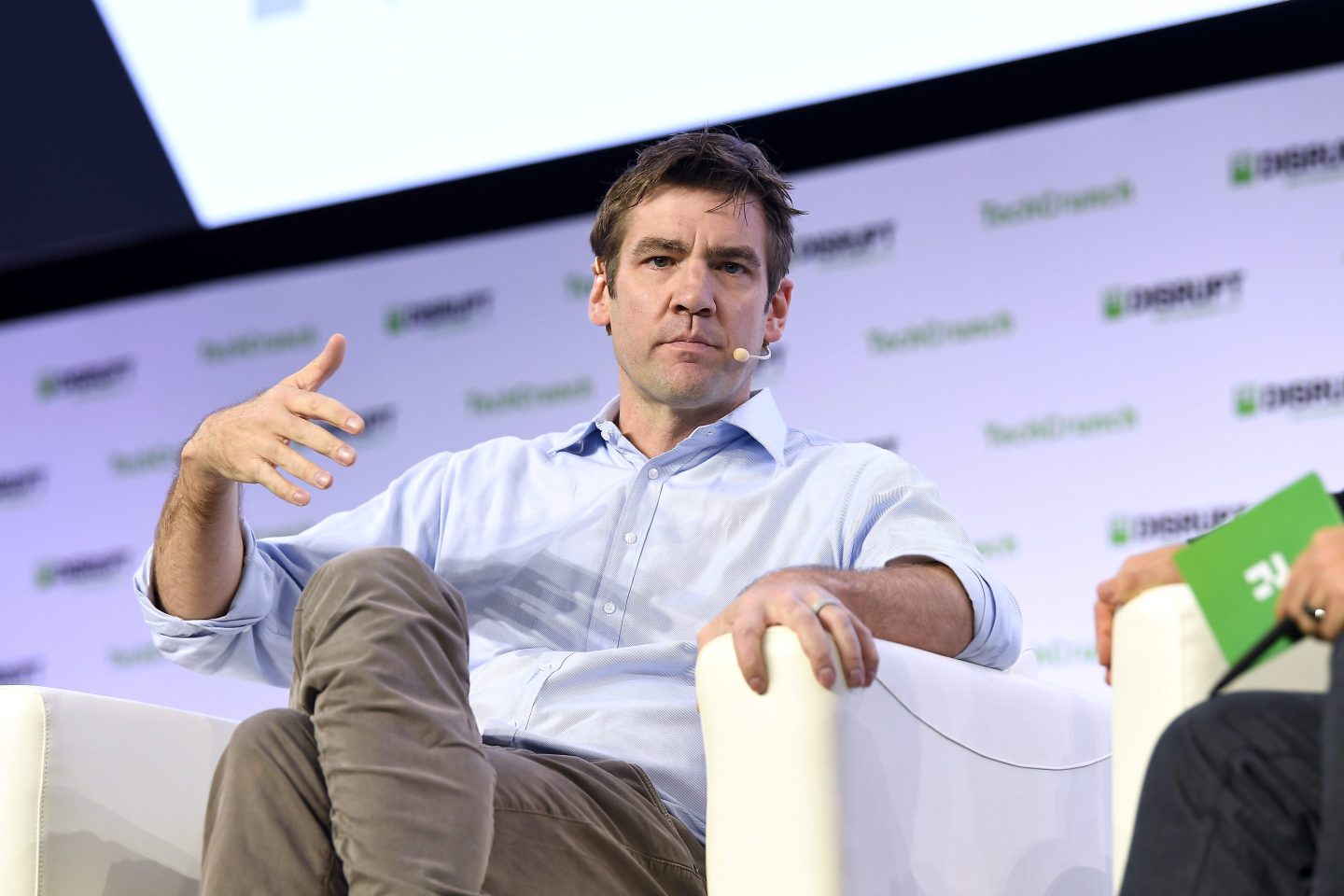Italy’s victory over England in the penalty shootout of the European Cup final in London ensured that the hosts will extend their 55-year trophy drought by at least another year. It also set off a chain reaction that would soon be felt in London markets and corporate offices.
On Monday trading in London, the FTSE 100 index fell as much as 0.8% before recovering its losses, while on the winning side, the FTSE MIB (Milan’s market index)—perhaps relishing the defending work of Italy veterans Giorgio Chiellini and Leonardo Bonucci—was up 0.9% in afternoon trading.
London’s market weakness could have been expected. A report done by Goldman Sachs in 2014 found that the local bourse of seven of 10 of the World Cup runners-up since 1974 underperformed global markets over the first month by 1.4%.
Time likely won’t make the London market feel much better. The Goldman Sachs report shows that three months after the match, World Cup runners-up found their stock markets trading 5.6% lower than global markets.
The winner’s local bourse, on the other hand, typically outperforms the global market by 3.5% in the first month after the final, though the boost fades. After three months and by the end of a year, the countries were underperforming by 4%.
Pints and punters
Still, England’s good performances in the tournament (save for the final) appear to have boosted parts of the English economy. Fans attending matches in London and Glasgow were estimated to have spent around £90 million, according to Deutsche Bank AG research. The British Beer & Pub Association estimated that 7.1 million pints were sold on Sunday. And delivery service Deliveroo—which sponsors the English team—saw its share price climb 17% since the event’s opening kickoff. Deliveroo shares were up by a further 1.6% in afternoon trading Monday.
The tense closing minutes of the final match also brought in a TV audience of 30.95 million in England, BBC figures show, the largest audience since the funeral for Diana, Princess of Wales, in 1997.
Bookkeepers, on the other hand, are seeing their share prices fall today. This in part is due to bookkeepers bringing in the most business when tournaments are on, Morgan Stanley notes. Entain, the owner of Ladbrokes and Coral, saw its shares rise 5.9% between the tournament’s opening kickoff and the final game, though on Monday afternoon its price was down by 0.6%.
Still, this boom for hospitality and betting companies is unlikely to last, Peter Arnold, partner at EY, told Fortune. While good English performances drove strong sales in pubs, bars, and shops, he noted that “spending is often diverted from other activities and can be short-lived.”
The bad news
England has lost in more ways that one, however, as the loss fractured the unity the young, diverse national team had worked so hard to construct.
Following the match, the three England players who missed their penalty kicks—Marcus Rashford, Jadon Sancho, and Bukayo Saka—all received racist abuse online. Murals around England celebrating Rashford and his work in ensuring that kids from lower-income families receive free school meals during the pandemic were also tagged with racist graffiti.
In reaction, Twitter hashtags such as #racistengland trended in protest. The reverberations of the racist abuse could be felt in corporate offices as well; U.K. real estate brokerage Savills announced that it had suspended an employee linked to racist tweets against the England players.
England manager Gareth Southgate, Prime Minister Boris Johnson, and Prince William have all come out to condemn the racism, and the Metropolitan Police have announced an investigation.
These racist outbursts may not come as a total surprise to those who have watched England’s games, however. The England national team has taken the knee before every match as a symbolic gesture against racism, an action that was regularly booed. This tension, combined with a massive surge in alcohol consumption, made the situation after the loss even more dangerous.
A 2014 study by Lancaster University that looked at calls to a police force in northwest England in the last three World Cups found that reports of domestic abuse increased by 26% when the national team won or drew. This number rose to 38% if the team had lost.












